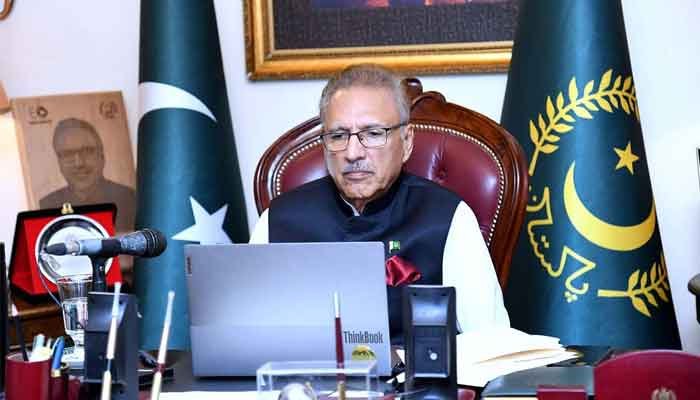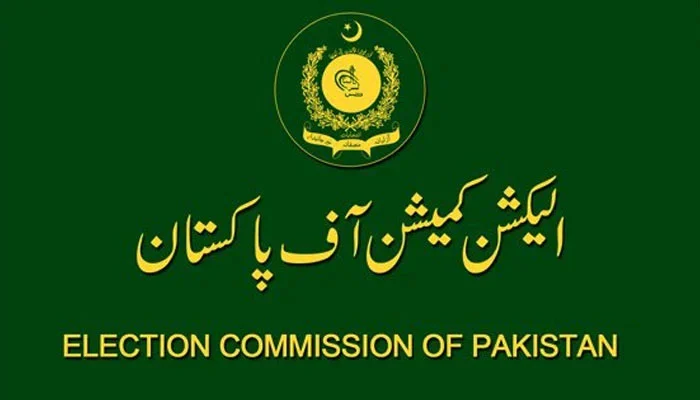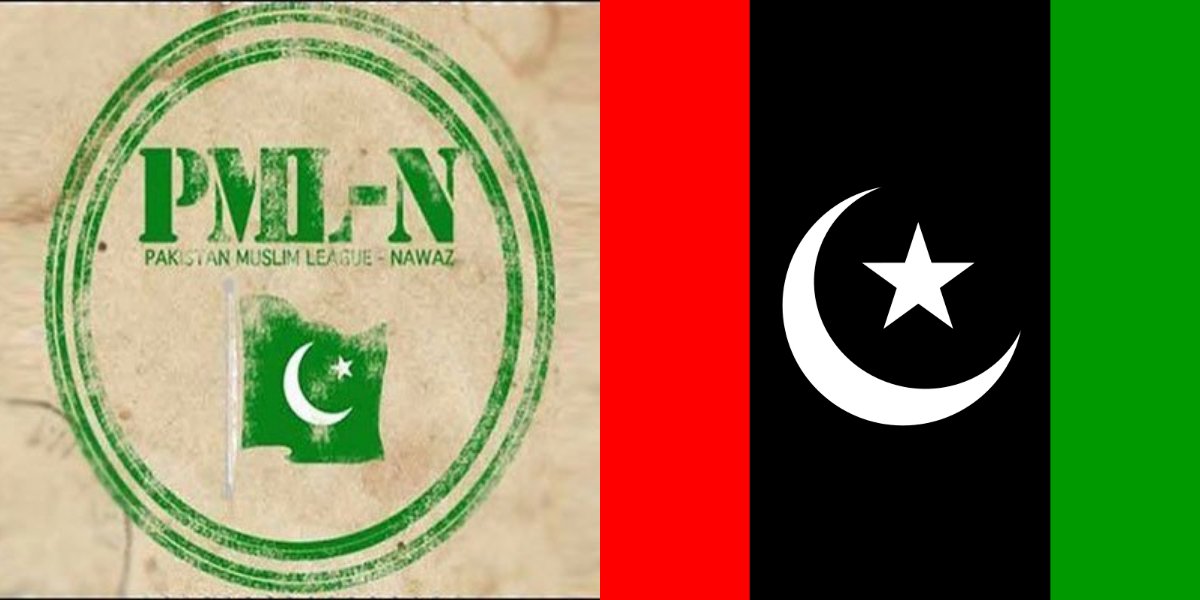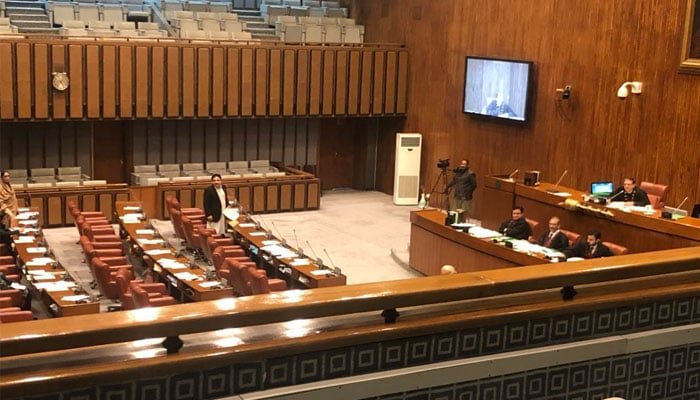The decision by President Arif Alvi to refrain from convening the first session of the National Assembly after the February 8 elections, citing a conflict with the constitution, has sparked a heated debate. However, legal experts argue that his action does not violate Article 6 of the constitution.
Article 6 of the constitution stipulates that any person who abrogates, subverts, suspends, or holds in abeyance the constitution through the use of force or any other unconstitutional means shall be guilty of high treason. Furthermore, anyone who aids or abets in the commission of such acts shall also be guilty of high treason. However, the act of high treason as described in Section 1 or Section 2 shall not be tried by any court, including the Supreme Court and the High Court.
President Alvi’s decision to withhold the summoning of the National Assembly has led to accusations of violating the constitution, as it imposes an obligation to convene the assembly within 21 days of general elections. The president argues that since the National Assembly is not complete due to the pending decision on the Sunni Ittehad Council’s reserved seats, he is not obliged to call the session.
While the Pakistan Tehreek-e-Insaf supports President Alvi’s stance, other political parties, including the Pakistan Muslim League-Nawaz and the Pakistan Peoples Party, believe that the president is violating the constitution.
However, legal experts argue that President Alvi’s position holds merit. Bilawal Bhutto Zardari, chairman of the Pakistan Peoples Party, hinted at initiating legal proceedings against President Alvi for violating the constitution, but there are no constitutional or legal options available to take action against him for such violations.
President Alvi’s decision draws parallels with the case of Qasim Suri, where the Supreme Court found him guilty of violating the constitution in the Qasim Suri case. However, neither Imran Khan nor Qasim Suri faced any punishment for constitutional violations.
In our society, constitutional violations are commonplace, but they often go unnoticed. The most egregious violations occur concerning fundamental rights, policy principles, and Islamic injunctions, yet they are often overlooked.



